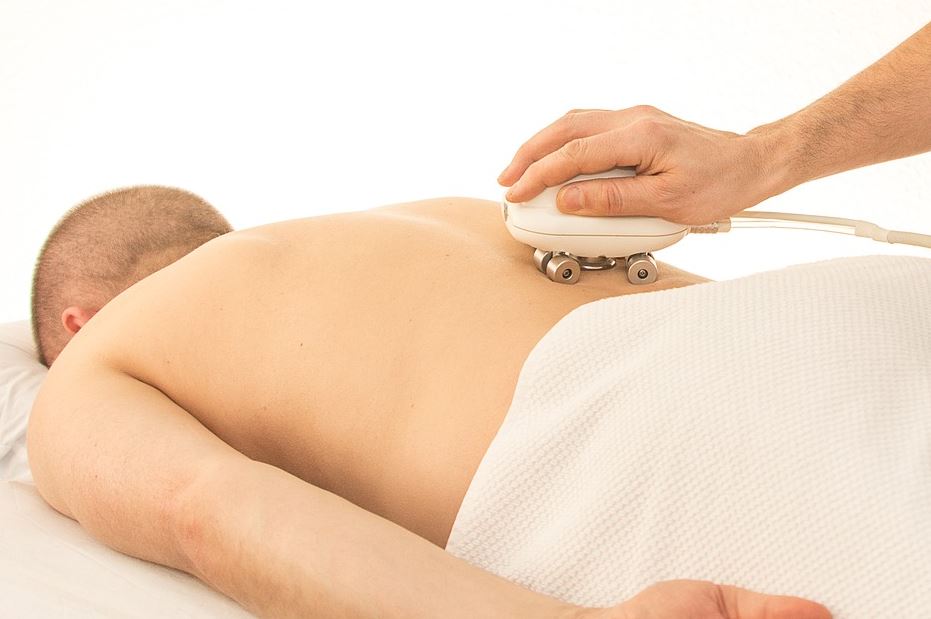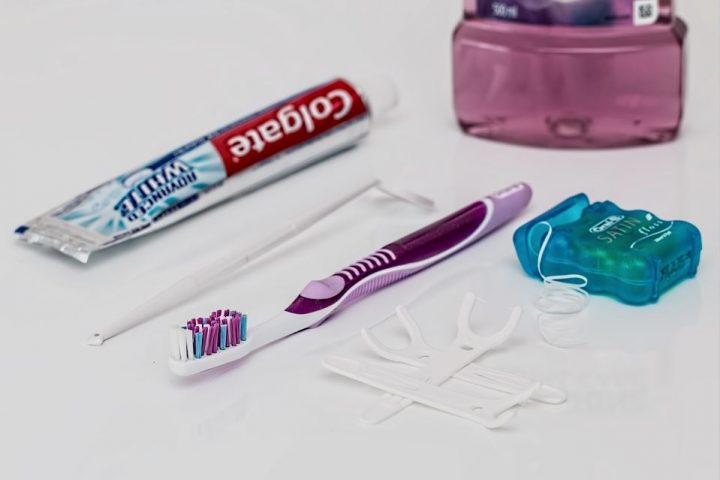
Even though some people experience no pain from a herniated disk, for others, the pain and other associated symptoms can be excruciating and debilitating. While many might pass the pain off as a result of getting older, the truth is that a herniated disk can become serious if left untreated.
What is a Herniated Disk?
Between each vertebrae in your spinal column, you have rubbery disks there that serve as cushions that keep the bones from impacting on each other. The exterior region of each disk is usually tough enough to withstand impact but has a softer center. When that soft center gets pushed out through a gash on the outside, the result is a herniated disk. While most herniated disks happen in the lumbar (lower) region of the spine, they can also happen in the cervical (neck) area.
Numbness or Tingling Sensations
There are numerous nerves surrounding your spinal column that are responsible for relaying and receiving messages throughout your body. When a herniated disk agitates any one of those nerve endings, it can cause that nerve to send the wrong message throughout your body. This can result in feeling tingling or numbness.
If you have a herniated disk in the lumbar region, you might feel tingling or numbness the most in your lower back, extending down into your legs and feet.
Arm or Leg Pain
Are you experiencing pain in the arms, shoulders, or hands? If so, there is a chance that there is a herniated disk somewhere in the cervical region of your spine. However, if the pain is centralized more in your legs, it is likely that there is a herniated disk in your lumbar area. The pain often intensifies when coughing or attempting to move your spine into a particular position.
Muscle Weakness
Muscle weakness is also a common symptom of a herniated disk. This is the result of particular nerves being agitated by the herniated disk. The muscles those nerves send messages to might weaken over time, causing you to have trouble lifting or holding items or even maintaining balance while walking.
Undergo a CT Scan or MRI
An x-ray typically doesn’t cut it when assessing for a herniated disk. Undergoing an MRI or CT scan is your best option. At Southwest Florida Neurosurgical & Rehab Associates, professionals work with patients to scan, diagnose, and treat herniated disks.
Be prepared to make some lifestyle changes, but know that a herniated disk can be repaired by a team of medical professionals. Surgery isn’t always required, but if it is, it is important that you don’t put it off.

